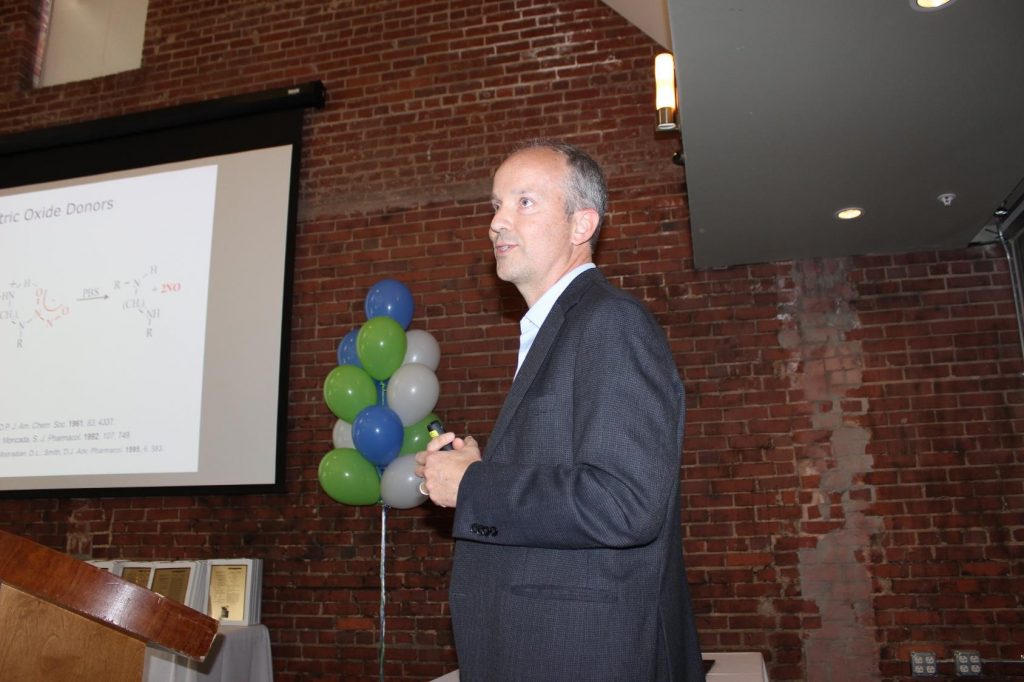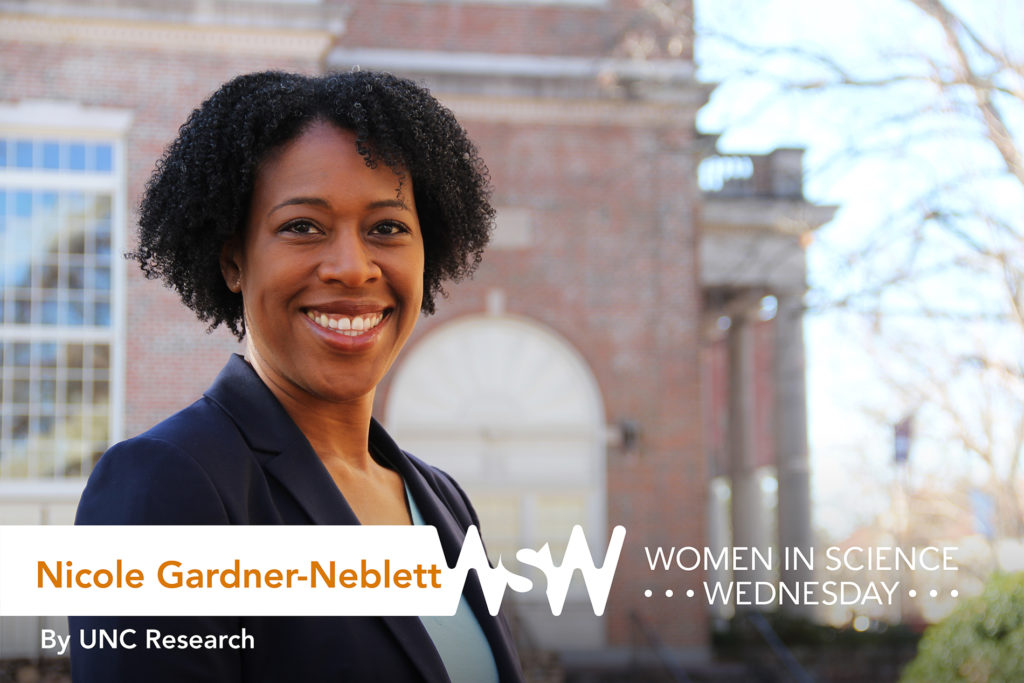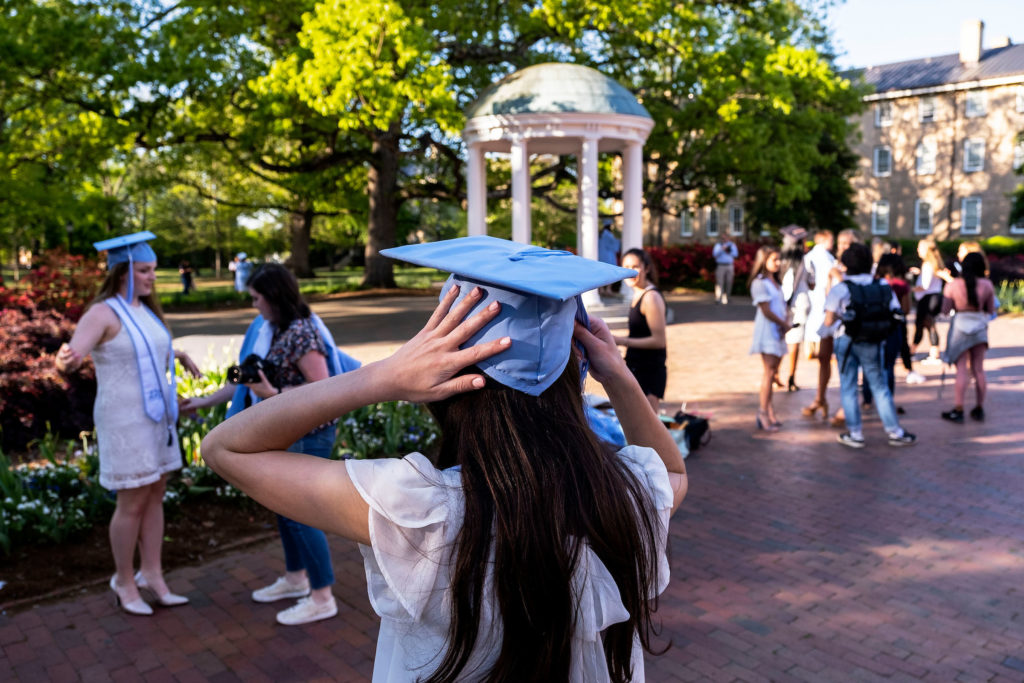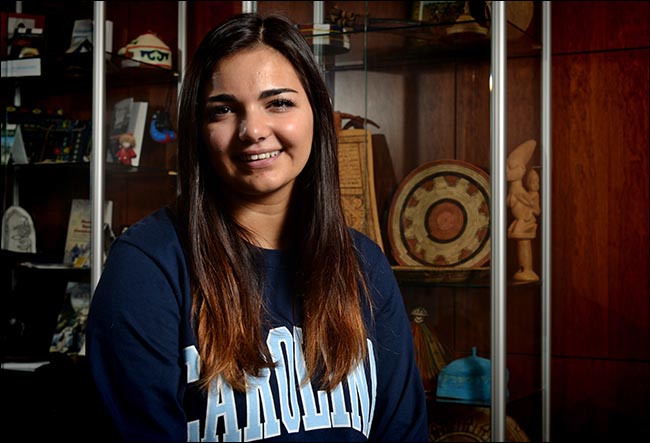
How do you explain a calling? Devon Leondis curls her fingers into her palm and touches her hand lightly to her chest, explaining, “It was always something that was in my heart.”
For as long as she can remember, the Carolina junior with the long dark hair and quick smile has wanted to help poor orphans in Africa. Now her dream is coming true as an entire Village of Hope rises from the ground up in Ghana, built with the first $1 million Leondis has raised for the project in the past year.
She will need $1 million more to complete the village, an hour from the capital of Accra. The Village of Hope will have multiple three-bedroom apartments where six to eight orphans will live with selected foster parents as well as a fish and rabbit farm (sustainable sources of food), a playground, a school and a chapel.
“It is an eye-opening model for dignifying orphan care in Ghana and beyond,” said Francis Osei, national director for the Christian Broadcasting Network (CBN) in Ghana, who met Leondis when she visited Ghana for the first time in 2010. Osei was impressed with the young woman he met and her “infectious love for God, friendliness, zeal to serve and generosity toward the needy.”
Leondis, a communication studies major from Manhasset, New York, is incredibly modest about her work, telling only her closest friends and Phi Mu sorority sisters what she’s doing.
“Devon gets it,” said her father, Steve Leondis. “She’s just a remarkable young lady. I’m so proud of her and what she’s accomplished.”
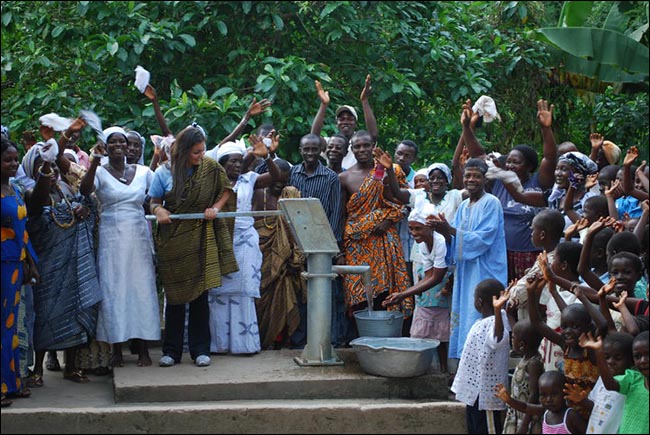
He said that when his middle child was only 2 or 3, she prayed “with her Barney doll” for poor children to have a home and food. When she was 9 or 10, those prayers crystallized into her calling to build an orphanage. And when it was time for her 16th birthday party, she raised money for Operation Blessing by asking for donations instead of gifts. The party raised $7,000, enough to build three wells that could supply fresh drinking water in two villages in Ghana.
Six months later, Leondis and her father visited remote villages in Ghana for the dedication of the new wells. Ntukum (in-TOO-kum) was one of those villages, where close to 1,000 people had no access to clean water, plumbing or electricity. (Leondis later raised money for a latrine system as well.)
The villagers were so grateful and happy to meet the young woman that they made her queen of Ntukum.
“I had to go through a ceremony,” she said. “They threw powder on me, they dressed me up, they lifted me up on their shoulders.”
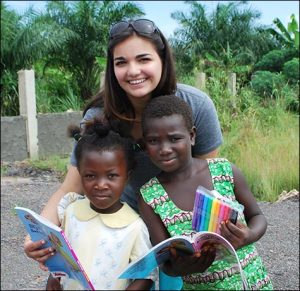
But the living conditions she saw in the villages were far from joyful: children with distended stomachs going to bed hungry; women carrying buckets of water and washing clothes by hand; men trying to farm with primitive tools; dusty red dirt everywhere; and no place but outside to go to the bathroom.
“Seeing the things that we saw, interacting with the children and the people, being immersed into a whole new culture in smaller remote villages, we almost felt guilty about the way we were living,” Leondis recalled. “Every night, I would lie in bed and kind of be haunted by the images I saw.”
Their lives forever changed, she and her dad decided to form a nonprofit to provide help. With Steve acting as business manager (since Devon was still a sophomore in high school) and after a couple of years completing the required paperwork, Project Nyame Nsa (nah-MEN-sah) came to be. The name means “God’s helping hand” in the village’s local dialect.
Leondis began to raise money, this time by approaching individuals and asking them to make a three-year pledge to donate $1 or $5 a day, plus holding fundraising dinners and luncheons. An anonymous donor bought five acres of land near the village, and Project Nyame Nsa entered a partnership with Orphans Promise, based in Virginia.
“The next step,” her father said, “is to continue to fundraise, apply for grants and move this forward, with completion in June 2016, right after Devon graduates from UNC.”
The original plan was to build a traditional orphanage, but the concept of orphanages is changing in Ghana. Ghana’s Department of Social Welfare expressed concern thatdormitory-style buildings don’t promote a home-like atmosphere.
“Our friends in Ghana suggested that we create a home for vulnerable children and foster parents,” Leondis said. Work has begun on one of three apartment complexes with family-style units that can accommodate trained caregivers (foster parents) and children of varying ages.
But her dream didn’t stop there.
“Our partners in Ghana helped transform and evolve this vision to make it so much more than we thought we could even do,” Leondis said. The result was the more holistic Village of Hope.
The Ghana-UNC connection
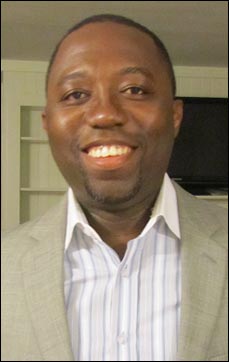
Additional help at UNC came from the Center for Sustainable Enterprise and the Campus Y’s social entrepreneurship incubator The CUBE, through which Leondis was matched with consultant David Opoku, an MBA student originally from Ghana.
Opoku is a Center for Sustainable Enterprise Leadership Fellow, pursuing a sustainable enterprise concentration in his MBA studies. Opoku was looking for a nonprofit organization to work with when he talked to Mathilde Verdier, coordinator of the UNC Social Innovation Initiative Program and manager of The CUBE, who told him about Leondis and her project. Verdier speculated that, with their mutual interest in helping poor people in Ghana, Opoku and Leondis would be a good match.
The first time the two met, they spent two hours talking at Caribou Coffee. Although the teenager from Long Island and the man from Ghana who grew up in “worse than the projects” come from different worlds, they share a strong Christian faith and the same dream for a family-friendly way to help orphans and poor villagers.
“How it all came about,” said Opoku, who is now a member of the board for Project Nyame Nsa, “I think it was that God meant me to meet her.”
Opoku serves as both a man educated about sustainable enterprise and one familiar with African, and particularly Ghanaian, culture. He promotes the idea that the Village of Hope should make itself truly sustainable, with villagers selling any extra food they produce at markets and starting their own small businesses like bakeries or repair shops. “In Ghana, we have a saying that if you climb the right tree, people will push you up,” he said.
He said it’s also his job to look for any red flags related to the project and to make sure that the Americans’ expectations match up with what the Ghanaians can actually do. “One thing about Africans and Ghanaians, they don’t know how to say ‘no,’ even if they realize they couldn’t deliver,” he said.
His pragmatism complements the idealism he admires in Leondis. “She is the real thing,” Opoku said. “I don’t see this as a bunch of Americans trying to look down on the people they help. They genuinely want to help.”
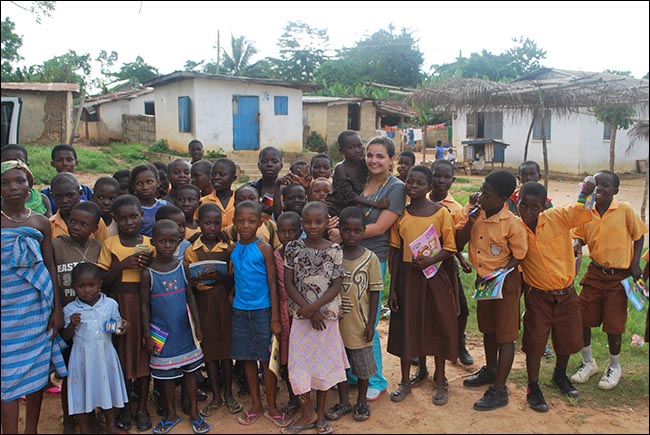
Orphans Promise is so impressed with the project that the charity has asked Leondis if she wants to expand it to other parts of Africa. “I try not to think too far ahead,” she said. “It’s in God’s hands at this point. Whatever’s meant to happen will fall into place.”
Her dad thinks he knows what will happen. “What I’m sensing is that Devon would like to spend six months in Ghana and six months here,” he said.
As for what Dad wants: “It’s one of those things. You want her next door to you, but if her heart tells her she needs to go to Africa, how can you say no to that?”
Learn more about Project Nyame Nsa at projectnyamensa.org.
By Susan Hudson, Gazette

